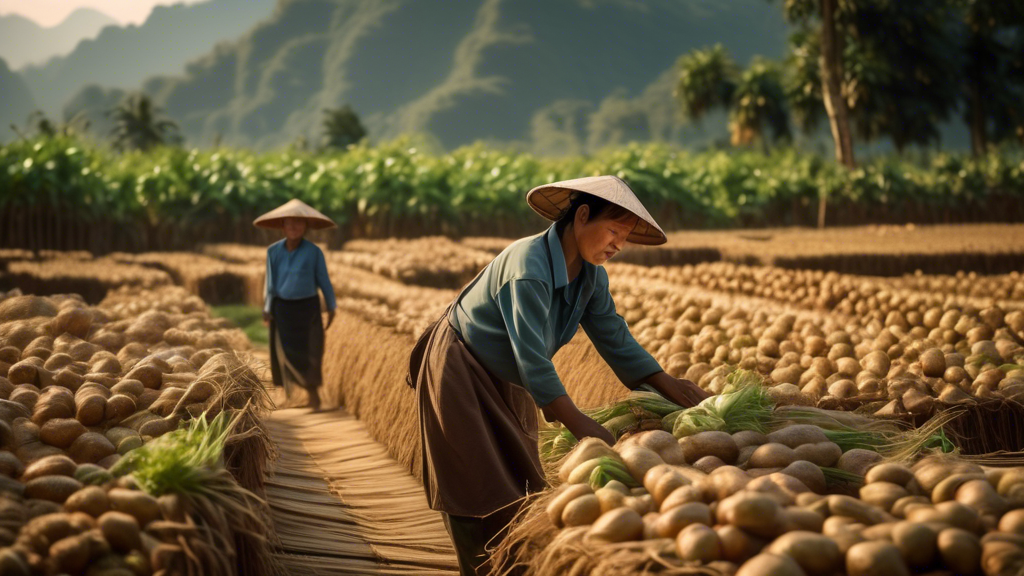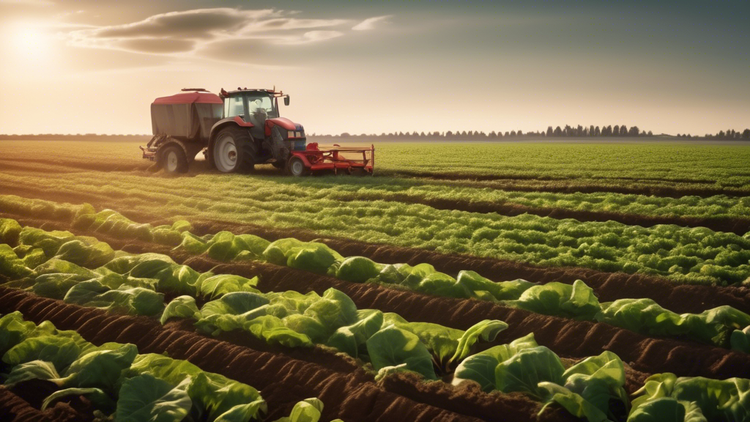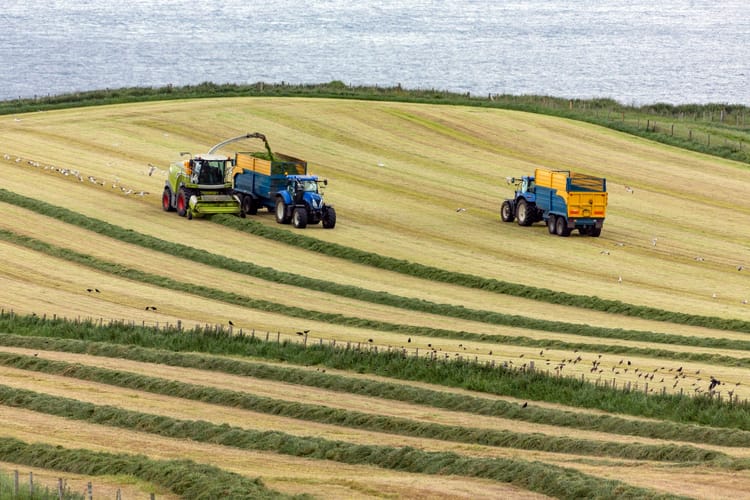Ensuring Food Security in Laos: Innovations and Grants Amidst Global Challenges

Boosting Food Security Amidst Challenges
The food security landscape in Laos is facing multiple obstacles, ranging from natural disasters to economic crises. Despite having the potential to produce sufficient food for its population, sustainability remains a key issue. The global impact of COVID-19 alone has contributed to a significant rise in undernourished individuals, with estimates indicating an increase of 83 million to 132 million undernourished people worldwide. Moreover, the desert locust outbreak in the Horn of Africa, the Arabian Peninsula, and Southwest Asia poses a severe threat to food security. A single locust swarm can consume the same amount of food as 35,000 people in just one day, creating further pressure on global food supplies.
The Asian Development Bank (ADB) has recognized these challenges and provided a $10 million grant to the Lao People’s Democratic Republic to strengthen food security measures. This grant aims to make crucial farming inputs more accessible and promote climate-resilient practices. Additionally, rising food prices, driven by high inflation in the Lao PDR, have adversely affected household welfare, forcing many families to adjust their diets and eat less. These challenges underscore the urgent need for effective solutions to ensure sustainable food production and security.
Sustainable Approaches to Agriculture
One promising solution is regenerative agriculture, which focuses on enhancing soil health through reduced chemical usage and minimal tillage. This practice promotes healthier soil ecosystems, yielding nutrient-rich food and minimizing environmental damage. In stark contrast, the conventional use of pesticides can severely harm soil health, disrupt microbial life, and hinder carbon sequestration, all of which are crucial for a sustainable ecosystem.
Incorporating biotech innovations also offers hope for sustainable farming. Advances like nitrogen-fixation and genetically modified crops with improved drought resistance can significantly reduce the dependency on chemical fertilizers and pesticides. These innovations are not just about sustaining agriculture but also about revolutionizing it by making it more resilient to climate change and reducing harmful environmental impacts.
Benefits of a Radical Shift in Farming Practices
Regenerative agriculture doesn't just promise enhanced soil health and richer yields but also plays a crucial role in combating climate change. This practice can transfer carbon from the atmosphere back into the soil, helping to mitigate the damaging effects of climate change. By making the soil more fertile and dynamic, regenerative farming can ensure long-term agricultural productivity.
Furthermore, regenerative agriculture and emerging biotech solutions have the potential to disrupt traditional farming practices significantly. This disruption is positive, as it could lead to more sustainable food production systems. By reducing the negative externalities associated with conventional farming, such as soil degradation and over-reliance on chemical inputs, these advanced practices can ensure a more secure and sustainable food future.
Here's a thought to consider: The integration of innovative farming practices and supportive policies is essential to secure the future of global food production. Addressing current challenges through a combination of regenerative agriculture, biotech advancements, and effective economic support can pave the way for a resilient and sustainable agricultural sector.
Looking for updates? Sign up to our newsletter for weekly snippets.





